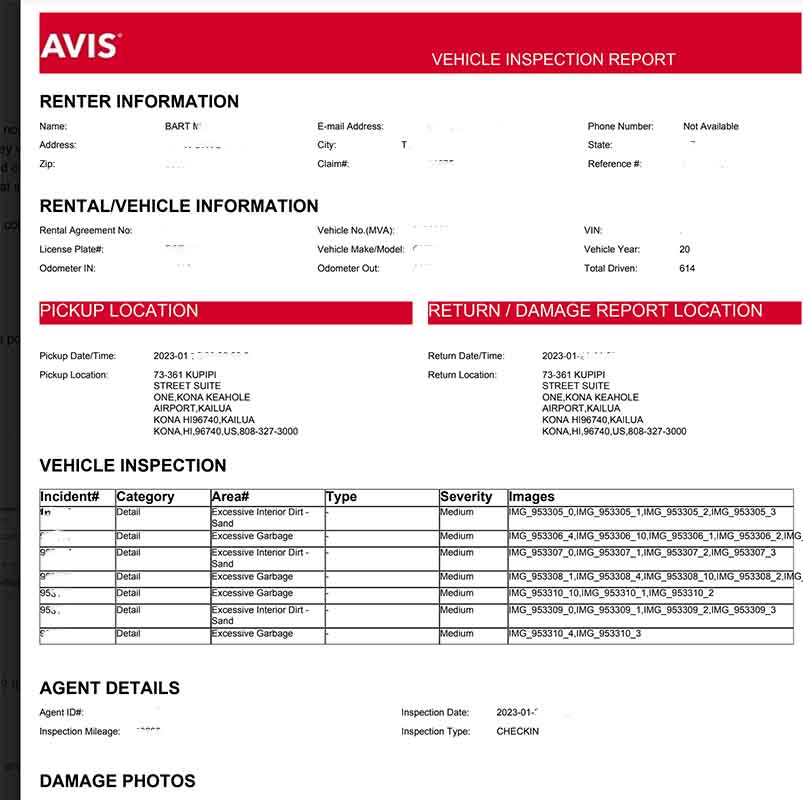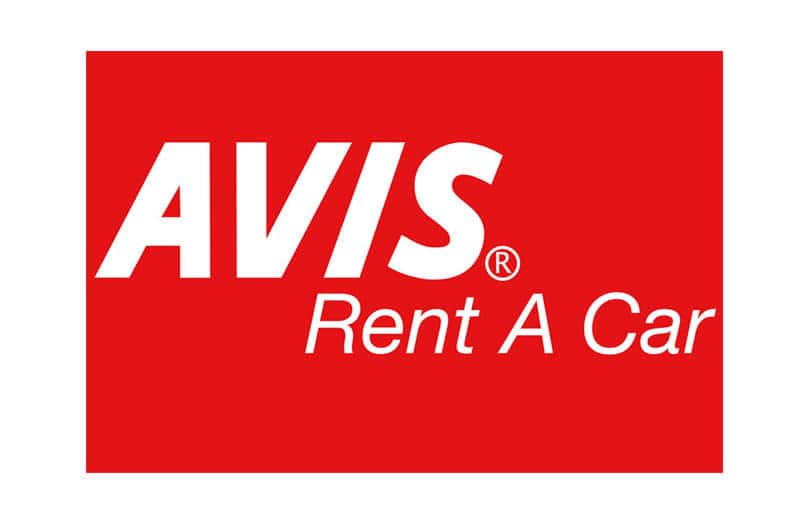Avis Car Rental USAA Your Reliable Ride presents a seamless transportation solution designed specifically for USAA members, ensuring a reliable and enjoyable travel experience.
With a commitment to exceptional service, Avis combines convenience with comfort, offering a wide range of vehicles to cater to diverse needs, whether for business or leisure. The partnership with USAA enhances the rental experience by providing exclusive benefits, making car rental easier and more accessible.
In the modern world, the significance of effective communication cannot be overstated. It serves as the foundation for building relationships, fostering understanding, and driving collaboration across various domains. Whether in personal interactions or professional settings, the ability to convey thoughts, ideas, and emotions clearly and respectfully is paramount. This article delves into the critical aspects of communication, exploring its forms, barriers, and strategies for improvement, all while highlighting its essential role in nurturing connections and facilitating cooperation.Communication can be broadly categorized into verbal and non-verbal forms.
Verbal communication encompasses the spoken and written word, allowing individuals to express their thoughts and emotions directly. This form of communication is vital in conversations, presentations, and written correspondence such as emails and reports. Non-verbal communication, on the other hand, includes body language, facial expressions, gestures, and even tone of voice. Often, non-verbal cues can convey more meaning than the words themselves, underscoring the importance of being aware of one’s own non-verbal signals as well as those of others.Effective verbal communication requires clarity, conciseness, and coherence.

One must consider the audience and tailor the message accordingly, avoiding jargon and overly complex language that could lead to misunderstandings. Additionally, active listening plays a crucial role in verbal exchanges. It involves not just hearing the words spoken but also understanding the underlying message and responding appropriately. Engaging in active listening fosters a sense of respect and validation, promoting a more harmonious dialogue.In contrast, non-verbal communication can often be more challenging to navigate.
Cultural differences, personal experiences, and context all influence how non-verbal signals are interpreted. For instance, while maintaining eye contact may signify confidence and attentiveness in some cultures, it could be perceived as disrespectful in others. Therefore, being aware of cultural nuances is essential for effective communication in a diverse world. Understanding and adapting to these differences can bridge gaps and enhance interpersonal relationships.Despite the various forms and methods of communication, barriers often impede the flow of information.
Common obstacles include language differences, emotional barriers, and environmental factors. Language differences can create significant challenges in multicultural settings, where individuals may not share a common language. In such cases, utilizing visual aids, simple language, and patience can help facilitate understanding. Emotional barriers, such as anger, fear, or anxiety, can cloud judgment and lead to miscommunication. Addressing these emotions through empathy and open dialogue can help clear the path for constructive conversations.Environmental factors, such as noise or physical distance, can also hinder effective communication.
In workplace settings, for instance, distractions like background noise can disrupt focus and lead to misunderstandings. Creating a conducive environment for communication, whether by choosing an appropriate setting or minimizing distractions, can greatly enhance clarity and comprehension.To overcome these barriers and improve communication skills, several strategies can be employed. First and foremost, self-awareness is crucial. Understanding one’s communication style and recognizing areas for improvement can lead to more effective interactions.
Seeking feedback from trusted colleagues or friends can provide valuable insights into one’s communication habits and help identify potential blind spots.Another effective strategy is to practice active listening. This involves not only hearing the words spoken but also paying attention to the speaker’s tone, body language, and emotions. Summarizing what has been said and asking clarifying questions can demonstrate engagement and foster a deeper understanding.
Furthermore, practicing empathy by putting oneself in the speaker’s shoes can enhance the quality of communication, allowing for a more compassionate and considerate exchange of ideas.Additionally, honing one’s verbal and non-verbal communication skills through practice and education can yield significant benefits. Participating in workshops, courses, or public speaking clubs can provide opportunities to refine these skills in a supportive environment.
Furthermore, reading widely and exposing oneself to diverse communication styles can enrich one’s vocabulary and enhance overall communicative competence.Moreover, leveraging technology can facilitate effective communication in today’s digital age. Virtual communication platforms, such as video conferencing tools and collaborative software, enable individuals to connect regardless of geographical barriers. However, it is essential to remain mindful of the limitations of digital communication, such as the potential for misinterpretation without non-verbal cues.
Utilizing appropriate tools and maintaining professionalism in digital interactions can contribute to successful communication outcomes.In conclusion, effective communication is an essential skill that underpins successful relationships and cooperation in both personal and professional spheres. By understanding its various forms, recognizing barriers, and employing strategies for improvement, individuals can enhance their communicative abilities. As we navigate an increasingly interconnected world, fostering effective communication will not only enrich our interactions but also pave the way for greater collaboration, understanding, and empathy among diverse individuals and cultures.
In this regard, investing time and effort into developing communication skills is undoubtedly a worthwhile endeavor that can yield profound benefits in various aspects of life.
FAQ Overview
What benefits do USAA members receive with Avis?
USAA members can enjoy exclusive discounts, enhanced customer service, and special offers on rentals.
Can I choose my rental vehicle model?
Avis provides a variety of vehicle options, and while you can request a specific type, model availability may vary.
Is there a loyalty program available for frequent renters?

Yes, Avis offers a loyalty program that allows frequent renters to earn points towards free rentals and upgrades.
What is the cancellation policy for Avis rentals?

Cancellations can typically be made without penalty, but it’s advisable to check specific terms at the time of booking.
Are there age restrictions for renting a car with Avis?

Yes, renters must be at least 21 years old, with some locations requiring drivers to be 25 or older for certain vehicle classes.











